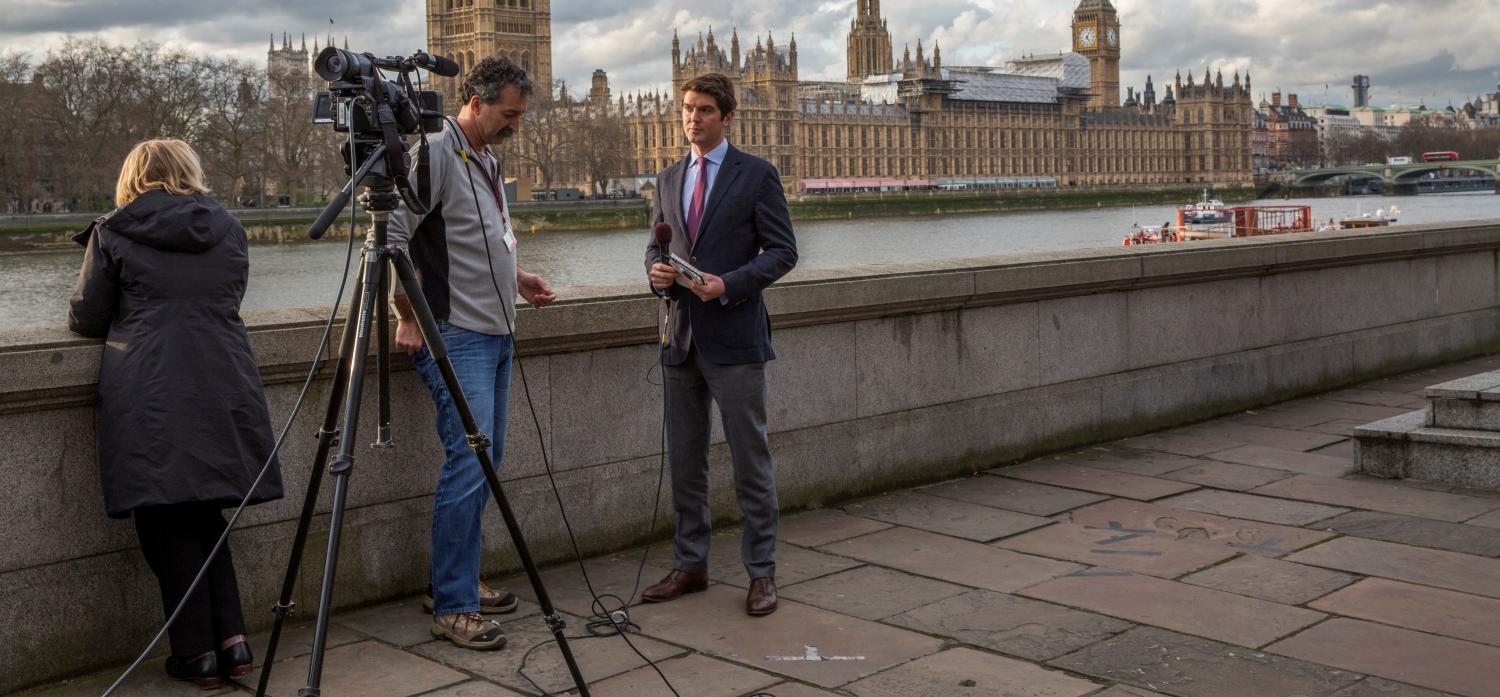The monthly Digital Diplomacy links will be replaced by Cyber Influence links. These links will report on the growing collection of international actors (from foreign and defence ministries, intelligence agencies, civil society, media groups and hackers) using and manipulating cyberspace to fulfil international ambitions and shape global developments.
Political bots have become a valuable capability (for state and non-state actors), particularly in cyber influence operations. But detecting them remains hard.
In an effort to expand its Twitter bot army, Russia’s embassy in the UK (one of the government’s most proactive accounts) has asked users to become a member of the ‘Russian diplomatic online club’ to ‘get insights from top diplomats’. Once signed up, using a Twitter account and via a third-party app called Tweetsquad, the user becomes an automatic follower of Russia’s UK Ambassador Alexander Yakovenko and, at the embassy’s discretion, automatically retweets one of the Ambassadors tweets each week. It’s a cunning strategy, but not without flaws. It’s resulted in bots signing up to be bots and, as with many third-party apps, there are technical issues.
Can intelligence reports be crowdsourced? Frankly, you would think so. But not yet.
Following this week’s terrorist attack in Westminster, misinformation spread quickly across social media and domestic and international media outlets.
Turkey continues to lead the world in Twitter content removal requests, with half of (3,076) such requests coming from Turkish government agencies, courts or the police. By comparison there were 176 from the Indonesian Government and four requests each from the Australian and New Zealand governments.
What encrypted messenger apps are politicians around the world turning to?
There’s an ongoing debate about whether and to what extent big data exploitation helped President Donald Trump win the US election.
Livestreaming is big business (particularly in China) but this essay in Wired argues that activists around the world need to think twice before they livestream human rights abuses
The Malaysian Government has launched an online tool to help the public deal with ‘fake news’
A new Facebook page launched by China’s Ministry of Foreign Affairs in Hong Kong this week has been flooded with comments.
Why China and the US need to set limits when it comes to digital warfare.
How is Finland fending off President Putin’s information war?
As tensions rise in the Korean Peninsula, US Pacific Command has turned to making short Facebook videos in an effort to promote US-Japan-South Korea military cooperation.
The Global Coalition, whose mission is to ‘degrade and defeat Daesh’, is calling for help to report tweets that support ISIS.
The Foreign and Commonwealth Office blog explains how the UK Government uses social media to monitor, react to and manage an overseas crisis.
Facebook is rolling out its fact-checker around the globe – here’s how it works.
Two interviews, one with Anne-Marie Slaughter, the other with former UK Ambassador Tom Fletcher, on how technology is rapidly changing statecraft.
China’s Ministry of Foreign Affairs and Internet giant Tencent have launched a jointly developed consular feature for WeChat, which will allow Chinese citizens to access ‘on-demand’ chat-based consular services:
